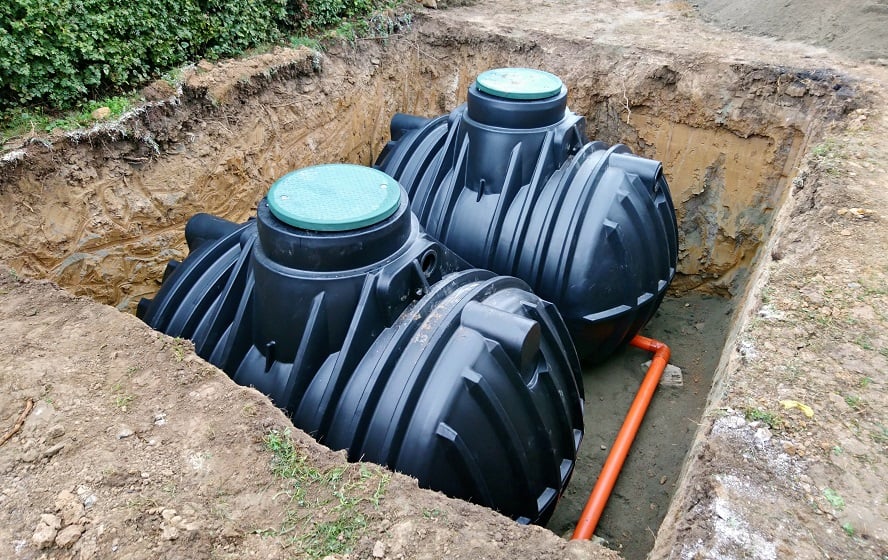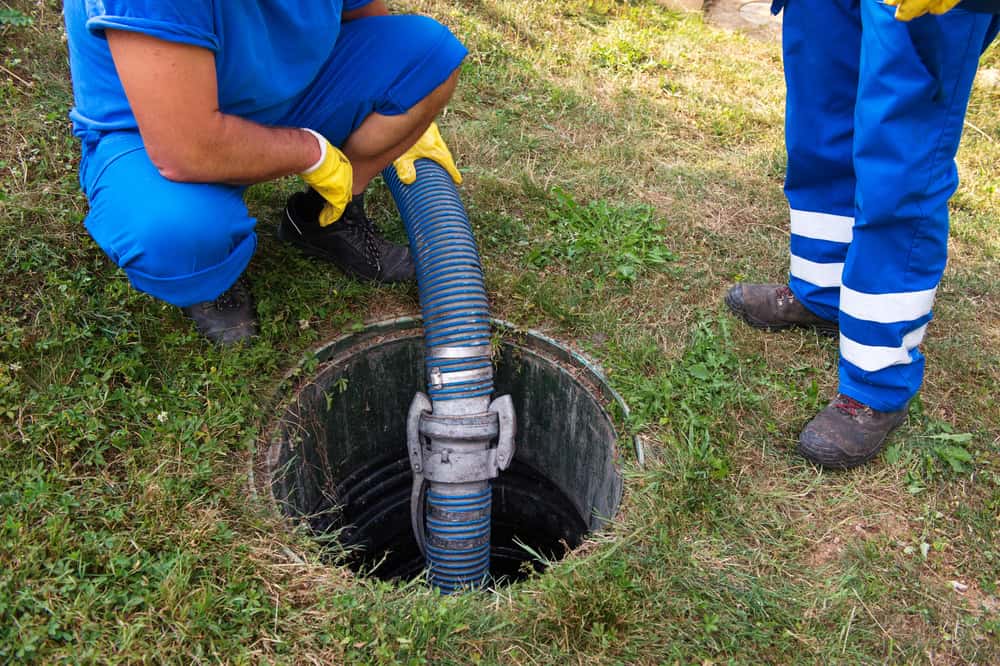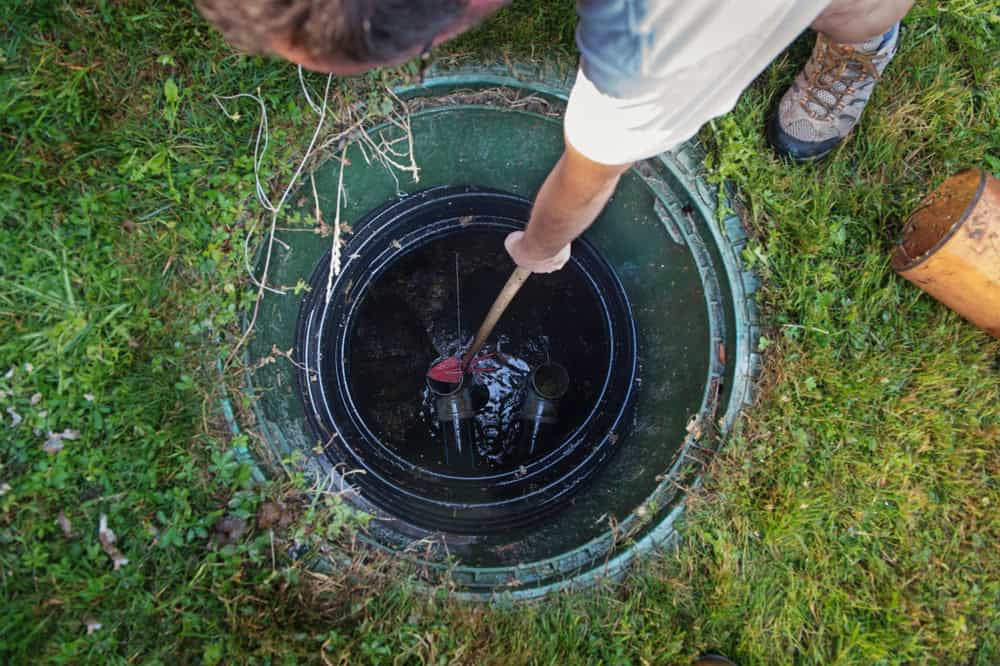
Septic tanks are an essential component of any home’s sewage system. They are designed to collect and treat wastewater from the home before it is released into the environment. The life expectancy of a septic tank can vary depending on several factors, including the type of tank, the quality of the installation, and the frequency of maintenance.
A septic tank is a large, watertight container that is buried in the ground. It is typically made of concrete, fiberglass, or polyethylene and is designed to hold wastewater from the home for a period of time. The tank separates solids from liquids and allows the liquid effluent to exit the tank and be absorbed into the soil through a drain field. The solids that remain in the tank are eventually broken down by bacteria and become sludge.
The life expectancy of a septic tank depends on several factors. The first factor is the type of tank. Concrete tanks are generally the most durable and can last up to 40 years or more with proper maintenance. Fiberglass and polyethylene tanks are also durable but may have a shorter lifespan of 20-30 years.
The second factor that can impact the life of a septic tank is the quality of the installation. A properly installed septic tank can last longer than one that was poorly installed. A qualified septic system installer should always be used to ensure the tank is installed correctly.
The third factor that can impact the life of a septic tank is the frequency of maintenance. Septic tanks need to be pumped regularly to remove the sludge that accumulates over time. The frequency of pumping depends on several factors, including the size of the tank, the number of people in the home, and the amount of water used. As a general rule, septic tanks should be pumped every 3-5 years.

Regular maintenance can extend the life of a septic tank and help prevent costly repairs. It is also important to avoid putting anything in the septic system that can harm the tank or clog the drain field. This includes non-biodegradable items like diapers, feminine hygiene products, and wipes, as well as chemicals like bleach, drain cleaners, and pesticides.
In addition to regular maintenance, it is important to be aware of the signs of a failing septic tank. These signs include slow drains, gurgling noises in the plumbing, sewage backups, and foul odors. If you notice any of these signs, it is important to have your septic system inspected by a qualified professional.
If a septic tank is not properly maintained or is subjected to heavy usage, it can fail prematurely. A failed septic tank can be a costly and dangerous problem. Raw sewage can contaminate the environment, and the repair or replacement of a septic system can be expensive.
The life expectancy of a septic tank can vary depending on several factors, including the type of tank, the quality of the installation, and the frequency of maintenance. Proper maintenance can extend the life of a septic tank and help prevent costly repairs. It is important to be aware of the signs of a failing septic tank and to have your system inspected by a qualified professional if you notice any issues. By taking care of your septic system, you can ensure that it lasts for many years and protects the environment from contamination.

Don’t let cesspool issues disrupt your day. Reach out now for a free estimate and expert service.
©2025 Quality Cesspool All Rights Reserved. SEO Company NYC – Web Design & SEO by Hozio